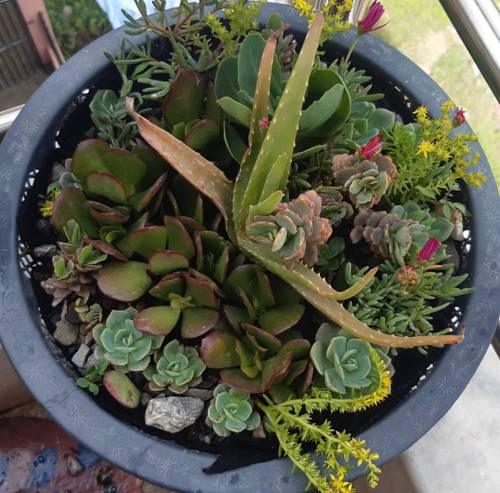
FAQ About Indoor Plant Genetic Diversity Management

What ethical issues are related to genetic diversity management in plants?
Ethical issues include concerns about genetic modification, the patenting of genetic traits, and the potential loss of traditional plant varieties. Economical and social impacts of introducing genetically altered plants into local environments are also considered critical ethical considerations.
Other Questions About Indoor Plant Genetic Diversity Management
- What is genetic diversity in indoor plants?
- Why is genetic diversity important for indoor plants?
- How can genetic diversity be increased in indoor plant collections?
- What are the common methods to maintain genetic diversity in plants?
- What role do seed banks play in genetic diversity management?
- Can tissue culture be used to manage genetic diversity in indoor plants?
- How does cross-breeding help in genetic diversity management?
- What is the impact of monoculture on genetic diversity?
- Is it possible to identify genetically diverse plants by their appearance?
- Are genetically diverse indoor plants better at disease resistance?
- How can I ensure the genetic diversity of my indoor plant collection?
- What are some challenges in maintaining genetic diversity in indoor plants?
- How does climate change affect genetic diversity in indoor plants?
- What ethical issues are related to genetic diversity management in plants?
- Can indoor plant genetic diversity impact human well-being?
- How does selective breeding differ from genetic modification in plant diversity?
- What is the significance of botanical gardens in genetic diversity management?
- Can indoor plant diversity affect ecosystem services?
- Is genetic diversity applicable only to exotic indoor plants?
- How are new plant species introduced to enhance genetic diversity within collections?

Create new FAQ page, write FAQs and publish for your clients, friends, colleagues, visitors, students, customers, guests, neighbors, or yourself.
Create Your Own FAQ Page now